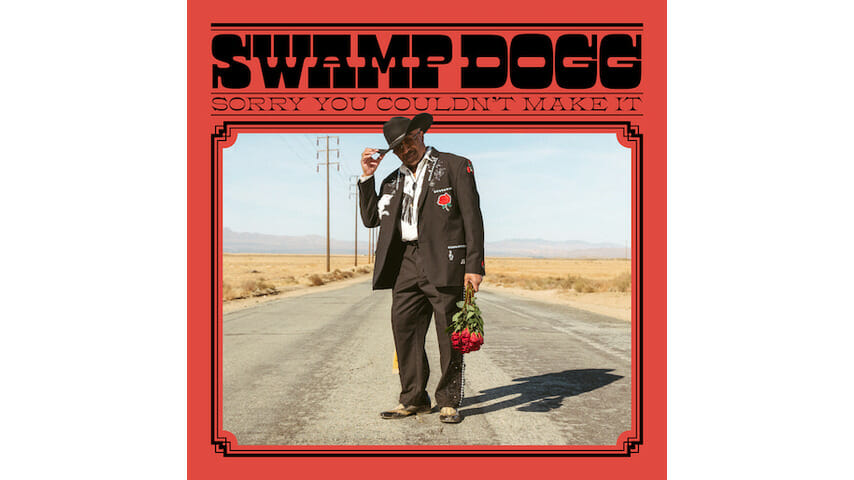Swamp Dogg Proves He Can Succeed at Any Genre on Sorry You Couldn’t Make It
Following an experimental, heavily auto-tuned record, the prolific musician responds with an album of country ballads

“Fuck the record business!” Jerry Williams Jr., better known as Swamp Dogg, exclaims in a recent Noisey documentary. Few people have earned the right to say that more than Williams, who released 22 LPs over 48 years (not including all the singles he released before adopting the Swamp Dogg moniker in 1970)—and didn’t crack a Billboard album chart until 2018. He’s a cult artist if there ever was one.
But unlike some artists half a century into their careers, Williams continues to tweak and experiment with every release. On his 2018 record, Love, Loss, and Auto-Tune, he largely dismissed his soul and funk roots in place of something much more modern, a wholly auto-tuned album that exists somewhere between Travis Scott and Bon Iver, who actually appears throughout. It was a left turn for the ages, an entirely unpredictable record that put a contemporary twist on musical references from throughout Williams’ past five decades.
-

-

-

-

-

-

-

-

-

-

-

-

-

-

-

-

-

-

-

-

-

-

-

-

-

-

-

-

-

-

-

-

-

-

-

-

-

-

-

-








































